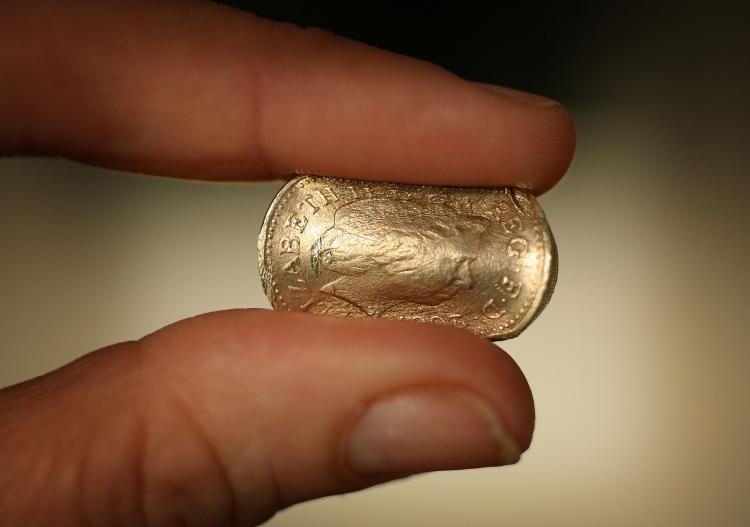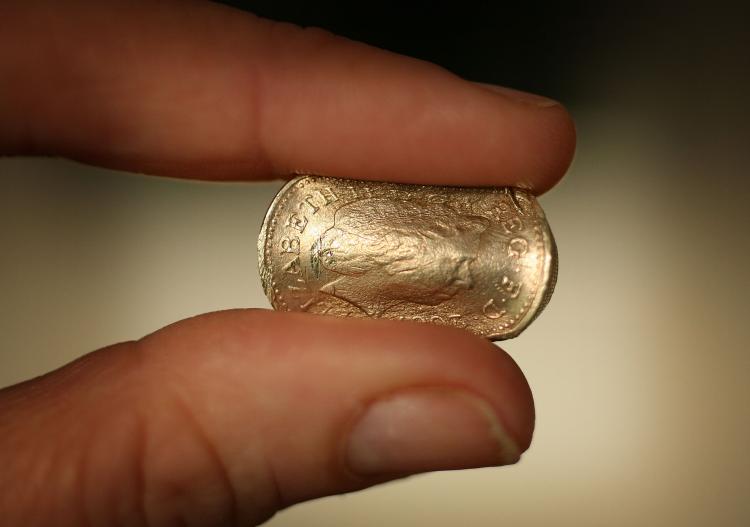LONDON—The British government has announced a series of tax cuts designed to boost pre-Christmas spending and revitalize the economy steamrolled by the global financial crisis.
The tax cuts announced by the country’s head of finance, the Chancellor of the Exchequer, are to be paid for with government borrowing, taking national borrowing to 8 percent of GDP.
Critics described the move as the creation of a “huge unexploded tax bomb” that would leave £1 trillion ($1.48 trillion) of national debt.
In his much anticipated pre-budget report (PBR) on Monday, Chancellor Alister Darling outlined measures to kick start an ailing British economy. He cut value added tax (VAT) on purchases from 17.5 percent to 15 percent in a package of tax cuts designed to get people spending again before Christmas.
Darling said, “I want to take fair and responsible steps to protect and support businesses and families while putting public finances on the right path for the future. VAT reduction is the equivalent of the Government giving £12.5 billion ($18.5 billion) to consumers to boost the economy”
He said the government would inject an extra £20billion ($29.6 billion) into the economy—or 1 percent of GDP—in a bid to get the economy moving again funded in part by an extra £5billion ($7.4 billion) in efficiency savings and a big increase in government borrowing.
To help small businesses, the increase in corporate tax for small businesses would be deferred, leaving their 2009 tax rates unchanged. Firms facing difficulties will be allowed to spread payments of all business taxes over a timetable they can afford, for as long as they need.
He also announced that the government would offer credit through a temporary Small Business Finance Scheme worth £1 billion ($1.5 billion).
Borrowing was forecast to rise to £78 billion ($115.4 billion) this year and to £118 billion ($174.6 billion) next year, or 8 percent of GDP.
“If we did nothing we would have a deeper and longer recession that would cost the country more in the long term,” Darling told members of parliament.
“In these extraordinary circumstances allowing borrowing to rise is the right choice for the country.”
Darling’s political counterpart in the opposition party, George Osborne, said the measures would lead to a £1 trillion ($1.5 trillion) national debt and create a “huge unexploded tax bomb. That is the bill for Labor’s decade of irresponsibility,” he said.
Tax Cuts to Make No Difference
Professor Patrick Minford of Cardiff University, one of the country’s leading economists, believes that when people realize that tax cuts have to be paid for at a later date with higher taxes they would save money in order to pay for them.He thought that global financial markets may be concerned at the high levels of national debt of the U.K.
“The people who lend to the government want a higher return on their money because they are worried about the government not paying them back,” He told Sky News in an interview prior to Darling’s report.
“The worse the Government’s debt situation, the more they worry. That offsets the effect of the tax cut because it costs people more money to borrow.”




